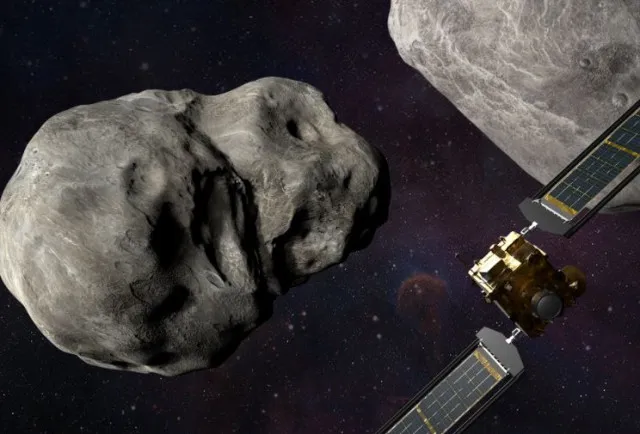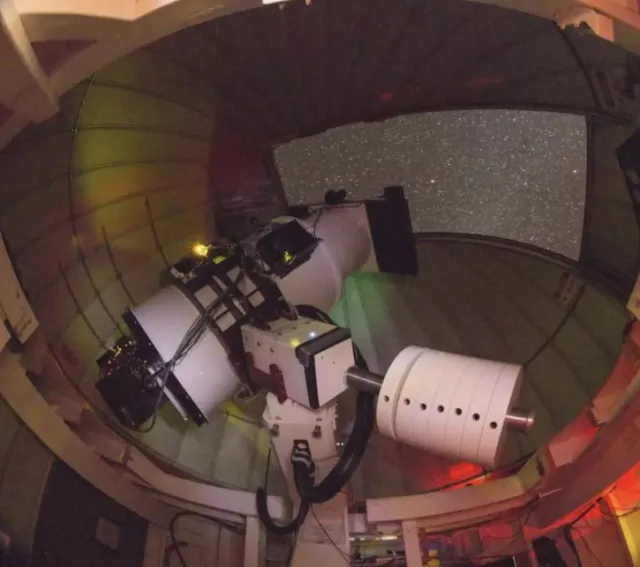NASA’s advanced global defense system has identified a small asteroid on course to enter Earth’s atmosphere today.
While the event poses no threat, it showcases the remarkable capabilities of modern asteroid detection systems.
ATLAS tracks incoming asteroid

The asteroid, named COWECP5, is only 27 inches wide. Despite its small size, it is expected to create a bright fireball as it burns up in the atmosphere.
The European Space Agency (ESA) predicts the entry point will be over Siberia, northern Russia, at 4:15 PM GMT (11:15 PM local time).
People within a few hundred kilometers of the location may witness the event.
NASA’s Asteroid Terrestrial-impact Last Alert System (ATLAS) spotted the object just seven hours before it was expected to enter Earth’s atmosphere.
How NASA monitors asteroids

ATLAS consists of four telescopes stationed around the globe. It can detect small asteroids up to a week before they approach Earth.
The Kitt Peak National Observatory, another NASA-funded facility, also tracked the asteroid. Their calculations determined the asteroid’s “impact corridor.”
Scientists reflect on humanity’s growing preparedness
Professor Alan Fitzsimmons from Queen’s University Belfast highlighted the significance of detecting such objects.

“It’s a small one, but it will still be quite spectacular,” Fitzsimmons said. “It will be dark over the impact site and for several hundreds of kilometres around there’ll be a very impressive, very bright fireball in the sky.”
This event echoes the first tracked asteroid impact in 2008, where scientists linked meteorite fragments to their pre-impact data.
“This direct link enhances our understanding of objects in space,” Fitzsimmons added.
Most asteroids that enter Earth’s atmosphere burn up before reaching the ground.
Studies suggest objects must be at least 60 feet wide to pose serious risks.
While COWECP5 is harmless, the event underlines the importance of ongoing monitoring.
Detection systems like ATLAS are critical for planetary defense. They ensure we can respond effectively to potential threats.

Today’s asteroid event may light up Siberian skies with a spectacular fireball. It also serves as a reminder of humanity’s growing ability to monitor and study space objects.
Fitzsimmons explained: “The beauty there was that the reflectivity of the meteorites exactly matched the reflectivity as measured by telescopes before it hit, showing you that really nice direct link between what we saw out there in space and what we then found later on, on the ground.”
With systems like ATLAS, the world is better prepared to understand and mitigate the risks of asteroid impacts.
For now, we can marvel at the wonders of space and our capacity to uncover its mysteries.